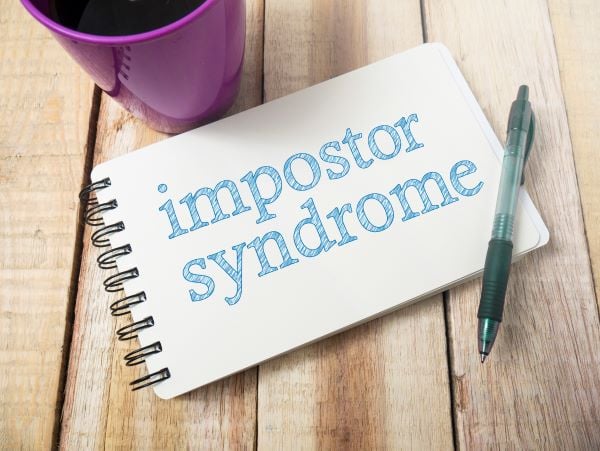Imposter Syndrome
Imposter Syndrome
Nov. 1, 2020
Do you ever feel like a fake, a fraud? Imposter syndrome can make you feel a pervasive sense of intellectual fraudulence, despite all the evidence to the contrary. In this episode, Dr. Kim Bambach discusses imposter syndrome with Dr. Jaime Hope including strategies that you can use to combat it.
Host
Kim Bambach, MD
Medical Education Fellow
Interim Assistant Director of the Kiehl Wellness Endowment
The Ohio State University Wexner Medical Center
Twitter: @kimbambach
EMRA*Cast Episodes
Guests
Dr. Jaime Hope
Assistant Professor Beaumont Hospital, Royal Oak
@DrHopeHealth
Overview:
Do you ever feel like a fake, a fraud? Imposter syndrome can make you feel a pervasive sense of intellectual fraudulence, despite all the evidence to the contrary. In this episode, Dr. Kim Bambach discusses imposter syndrome with Dr. Jamie Hope including strategies that you can use to combat it.
Key Points:
- Watch out for the typical signs and symptoms: These include devaluing your accomplishments, attributing your accomplishments to external causes, constantly comparing yourself to others, and a negative inner “bully” monologue.
- Go first: Be the first to speak up about imposter syndrome, because acknowledging those feelings gives others a chance to feel understood and helps you recognize that you are not alone.
- Put your name in the hat: Don’t let imposter syndrome hold you back when it comes to professional development. Apply for that award, leadership position, or job even if you don’t feel 100% qualified. Imposter syndrome can cloud your ability to see your own value and strengths.
- Lift as you climb: When you recognize imposter syndrome in others, use your voice and your social capital to advocate for them. Focusing outward on lifting up others can help you combat imposter syndrome. You can do this at any stage of training.
- Does it pass the “why” and “who cares” tests?: When you are thinking of all the things you “should” be doing, ask yourself if you can articulate a good reason why you should take on that project and the larger impact of why it is important to YOU. There is no single path to success.
- Change the channel: When you notice that your inner bully podcast is playing on full blast, change the channel to a different topic. Ask yourself- would you say those things to a friend?
Resources and References:
https://feminem.org/2018/01/30/overcoming-imposter-syndrome-dont-fake-youve-made/
Related Content


Apr 23, 2020
Program Director Interview Series: Eric Steinberg, DO | Program Director at the St. Joseph’s Regional Medical Center Emergency Medicine Residency, Patterson, NJ
In this installment of the Program Director Interview Series we caught up with Eric Steinberg, DO, to learn about the St. Joseph's Regional Medical Center Emergency Medicine Residency Program. Dr. Steinberg tells us more about residency in Patterson, NJ.

Apr 21, 2020
President's Message: Protecting the Integrity of Residency Training
Seemingly every social media outlet used by emergency medicine physicians-in-training blew up on Feb. 22 in response to a proposed non-physician emergency medicine "residency" training program at UNC. The question is: Why?





